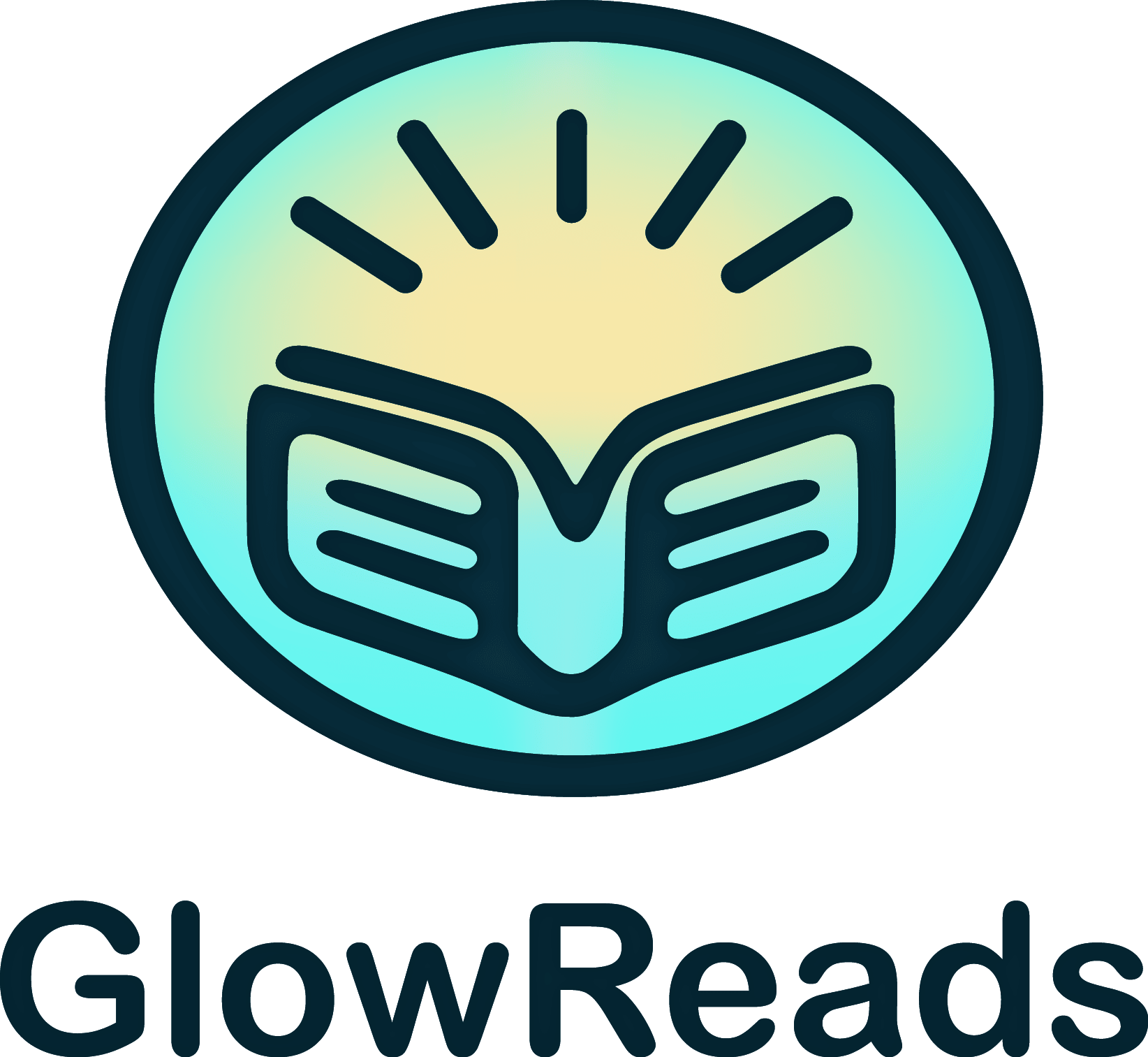Introduction: Non-fiction is a genre that encompasses a wide range of literary works based on real events, people, and ideas. These narratives often provide readers with valuable insights into various aspects of the human experience, from personal stories and historical events to scientific discoveries and philosophical reflections. Non-fiction offers both entertainment and education, allowing readers to explore the complexities of the world around them. By engaging with non-fiction, readers can gain a deeper understanding of reality, enriching their knowledge and perspective on diverse subjects.
Key Characteristics of Non-Fiction: Non-fiction is characterized by its basis in real events, people, and ideas, offering factual and informative narratives. These works often involve extensive research, interviews, and firsthand accounts, ensuring accuracy and authenticity. Non-fiction can be both descriptive and analytical, providing detailed accounts of events and thoughtful reflections on their significance. The genre encompasses various forms, including biographies, memoirs, essays, and travel writing, each offering unique insights and perspectives. Non-fiction often explores themes such as identity, history, science, and culture, providing readers with a rich and varied literary experience.
Popular Sub-Genres of Non-Fiction: Non-fiction encompasses a wide range of sub-genres, each offering unique narratives and insights. Biographies and Memoirs provide detailed accounts of individuals’ lives, exploring their personal experiences, challenges, and achievements. These works offer intimate and inspirational narratives that provide valuable insights into the human condition. Examples include “The Diary of a Young Girl” by Anne Frank and “Becoming” by Michelle Obama. Essays and Journals are collections of short non-fiction works that explore various topics, often blending personal reflections with broader social and cultural commentary. These works offer thought-provoking and accessible writing that challenges readers to think critically about the world around them. Examples include “Men Explain Things to Me” by Rebecca Solnit and “Bad Feminist” by Roxane Gay. Travel Writing provides narratives detailing adventures and experiences in different parts of the world, offering readers a glimpse into diverse cultures and landscapes. These works often blend descriptive storytelling with personal reflections, creating rich and immersive narratives. Examples include “In Patagonia” by Bruce Chatwin and “The Geography of Bliss” by Eric Weiner.
Must-Read Non-Fiction Books: Several non-fiction books have gained acclaim for their compelling narratives and insightful explorations of real-life events and ideas. “The Diary of a Young Girl” by Anne Frank is a poignant and powerful account of a young Jewish girl’s experiences hiding from the Nazis during World War II. The diary offers a deeply personal and human perspective on the horrors of the Holocaust, providing valuable insights into the resilience and courage of those who lived through it. “Becoming” by Michelle Obama is an inspiring and candid memoir that chronicles the former First Lady’s journey from her childhood in Chicago to her time in the White House. The memoir explores themes of identity, resilience, and the importance of staying true to oneself. “Sapiens: A Brief History of Humankind” by Yuval Noah Harari is a sweeping exploration of the history of our species, offering thought-provoking insights into the development of human societies, cultures, and technologies. The book’s engaging narrative and comprehensive scope make it a standout in the genre.
Influential Non-Fiction Authors: Several authors have made significant contributions to the genre of non-fiction, creating works that have captivated readers and left a lasting impact on the literary world. Maya Angelou is celebrated for her powerful and poetic memoirs, including “I Know Why the Caged Bird Sings,” which explore her experiences growing up as an African American woman in the segregated South. Angelou’s deeply personal and reflective writing has earned her critical acclaim and a lasting place in the literary canon. Walter Isaacson is known for his meticulously researched and comprehensive biographies, including works on figures such as Leonardo da Vinci, Albert Einstein, and Steve Jobs. Isaacson’s engaging narratives and insightful analysis have made him a prominent figure in the genre. Rebecca Solnit is celebrated for her thought-provoking essays and cultural criticism, with works such as “Men Explain Things to Me” and “Hope in the Dark” offering insightful reflections on contemporary social and political issues. Solnit’s unique blend of personal reflection and social commentary has earned her a reputation as one of the most influential non-fiction writers of our time.
Engaging with Non-Fiction: Engaging with non-fiction can be both intellectually enriching and enlightening, offering readers a chance to explore real-life stories and thought-provoking insights. Reflecting on the themes, research, and narrative techniques used in these works can deepen one’s appreciation for the genre. Participating in book clubs or online literary communities can enhance the reading experience, providing opportunities for discussion and exchange of ideas. Reading reviews and recommendations from reputable sources can help guide readers in selecting non-fiction that aligns with their interests and preferences. By engaging with non-fiction, readers can gain valuable knowledge and perspectives on diverse subjects, enriching their understanding of the world around them.
Conclusion: Non-fiction offers readers a rich and varied literary experience, characterized by real-life stories, factual accounts, and thought-provoking insights. By engaging with this genre, readers can explore the complexities of the human experience and gain valuable knowledge on diverse subjects. The diverse range of sub-genres and compelling narratives found in non-fiction provide a rich and varied literary landscape, offering readers both entertainment and intellectual enrichment. Non-fiction continues to captivate readers with its real-life stories and thought-provoking explorations, making it a valuable and enriching literary genre.
